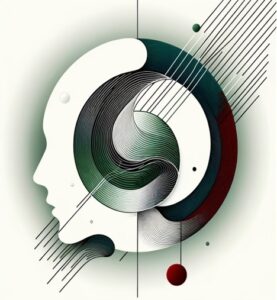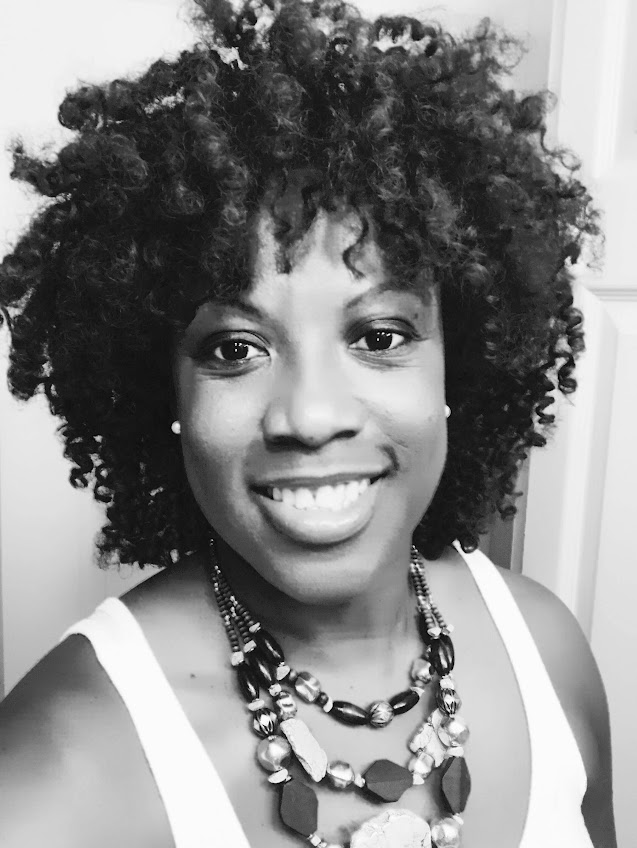There is nothing neutral about identity.
Not in this world.
Not in systems built to control, categorize, and commodify.
Who we are—how we name ourselves, how we move through the world, how we are perceived—is not separate from politics, history, or power. It is shaped by them. And for many of us, it has been distorted by them.
Our identities are not always freely chosen. Sometimes, they are inherited under pressure. Assigned without consent. Silenced by survival.
And when systems benefit from our invisibility, they do not just ignore who we are—they actively erase us.
Erasure is Not Silence. It is Strategic.
Erasure is the quiet violence that removes our stories from the narrative.
It happens when:
-
Black history is reduced to slavery and struggle—but never joy, brilliance, or resistance.
-
Queer and trans identities are debated as if they are ideologies, not realities.
-
Indigenous voices are excluded from conversations about land, sovereignty, and climate.
-
Neurodivergent people are taught to mask, to perform, to appear “normal” in exchange for safety.
-
Women of color are expected to labor, but not to lead. To nurture, but never to need.
-
Immigrant stories are told only in terms of productivity, not humanity.
Erasure is not a mistake. It is an instrument of control.
Because when your identity is erased, your power becomes harder to claim.
If the system cannot see you, it does not have to serve you.
If it cannot define you, it cannot own you.
And so—it tries.
To Reclaim Identity Is to Reclaim Power
Naming yourself is not a trend.
It is not an indulgence.
It is a profound act of defiance.
To say:
“This is who I am.
This is where I come from.
This is what I believe.
This is how I love.
This is how I move, exist, speak, pray, dream.”
—without shrinking, without softening it for others—is a reclamation.
Reclamation is not always loud. Sometimes it is quiet. It is unlearning. It is walking away from labels that never fit. It is giving yourself permission to be complex, changing, unapologetic.
It is refusing to be flattened into something small enough for a system to control.
Power is Not Domination. It is Presence.
For those of us who have been pushed to the margins, power often feels out of reach.
Not because we lack it—but because we were never meant to recognize it in ourselves.
Systems define power as dominance. But true power is the ability to be fully yourself—even in a world that benefits from your doubt.
Your presence is powerful.
Your truth is powerful.
Your clarity is powerful.
Your refusal to disappear is powerful.
Power is also in care. In rest. In choosing softness when the world hardens you.
Power is in protecting your peace.
Power is in saying: I will not perform for systems that were never built for my freedom.
Poem: “They Tried to Name Me”
They tried to name me
before I could speak—
taught me what to shrink,
what not to feel,
who not to be.
But I remember
the sound of myself—
unfiltered,
unbent,
unapologetically full.
And I carry that name
back to the center
of everything I am.
Reflection: What Has Been Erased—And What Will You Reclaim?
What parts of yourself have you had to hide in order to survive?
Whose comfort shaped your identity? Whose gaze shaped your choices?
What would it look like to reclaim one small truth about yourself today?
You do not owe anyone a performance.
You are not required to stay small so that others remain comfortable.
Reclamation is not about becoming something new—it is about returning to what was never really gone.
This is Where We Begin to Unfold
The stories we are told about ourselves are powerful.
But the stories we tell ourselves—those are transformational.
In this space, we will continue to explore identity through the lenses of race, gender, culture, ability, sexuality, trauma, and resistance.
Not to explain ourselves to systems—but to see each other more fully.
To see ourselves more clearly.
And to reclaim the power that was always ours.
You are not invisible here.
You are not too much, too complex, or too proud.
You are seen. You are sacred. You are whole.



